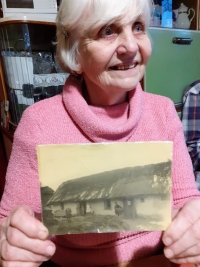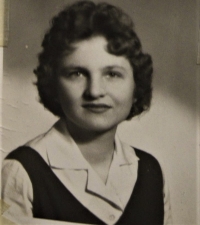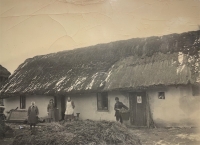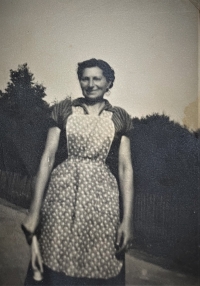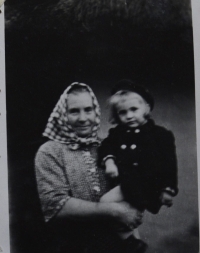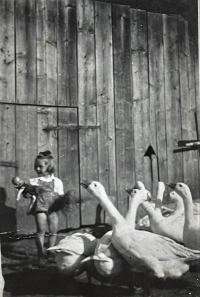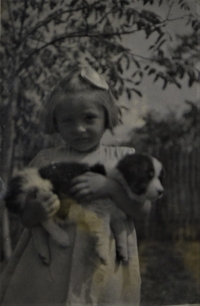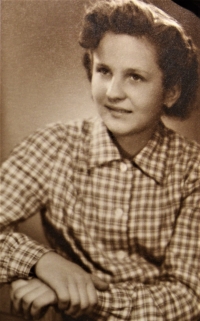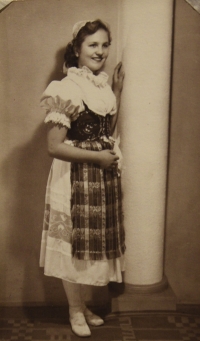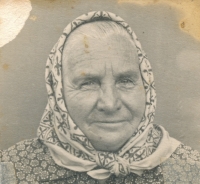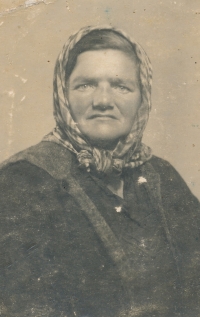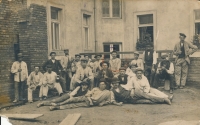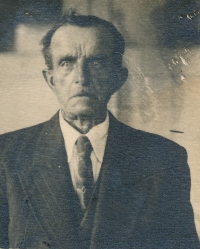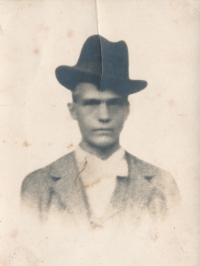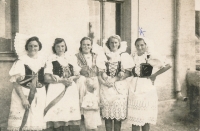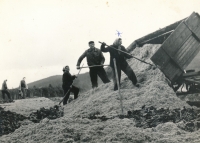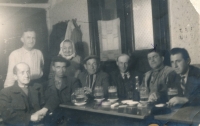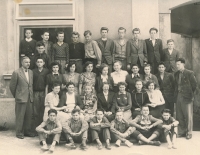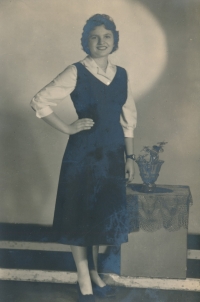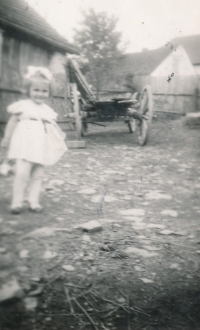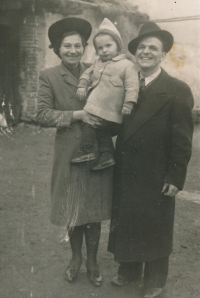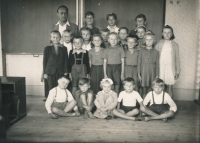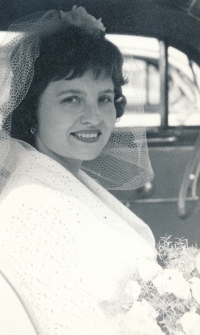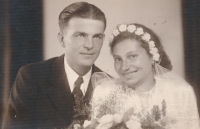How great history passed through Libeř
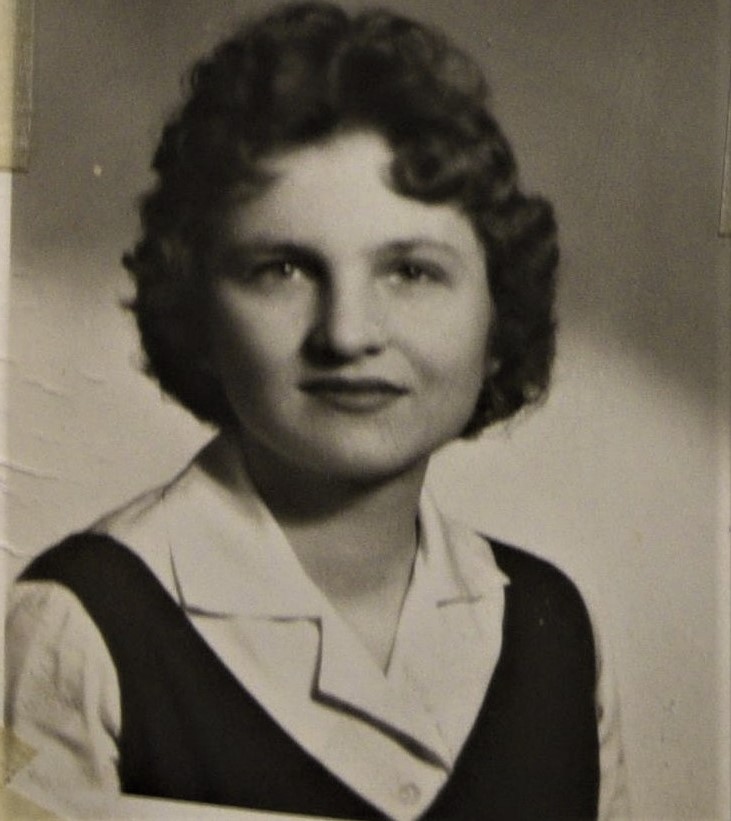
Download image
Ladislava Kyptová, née Stejskalová, was born on May 4, 1941 in Libeř, near Prague. She spent the last days of the war in hiding with her family, because German soldiers passed through the village and murdered several men in nearby Psáry who tried to prevent them from advancing on Prague. After the war, she grew up in a peasant environment, which was first affected by compulsory income taxes and after 1948 by collectivization. Although her grandparents joined the unified agricultural cooperative (JZD) voluntarily, she also remembers several cases of expropriation. She graduated from a tailoring school in the 1950s, but worked in administration all her life. Twice she was offered membership in the Communist Party of Czechoslovakia (KSČ), but managed to talk herself out of being active in the youth union. She and her husband refused to emigrate to West Germany, so she lived through the occupation in 1968 in her native Libeř. During normalization checks, she stated that she believes that the crisis surrounding the Prague Spring could have been resolved through diplomatic means. After 1989, she took care of a distant relative of Josef Kutnohorský, a Mauthausen survivor. She still keeps his memoirs, which he did not have time to publish before his death. In 2022, she lived in Libeř.
